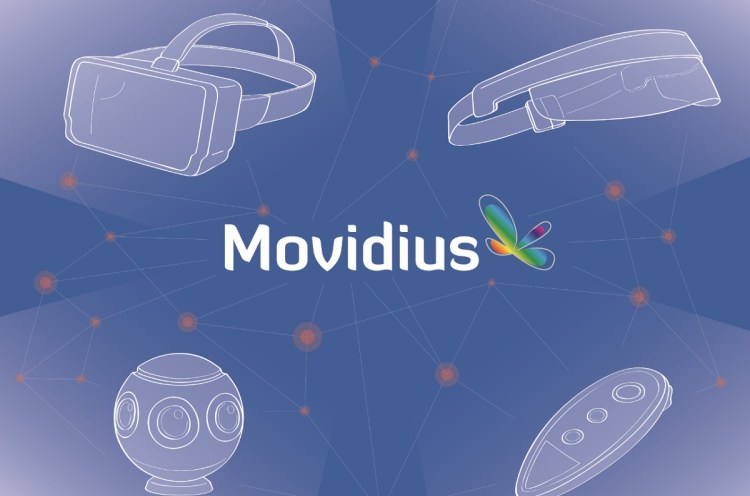Lenovo said today that it is using Movidius‘ computer vision technology in its next-generation virtual reality products.
San Mateo, Calif.-based Movidius makes very small chips that can handle basic graphics processing tasks. Lenovo is presumably using the small chips in a new line of mobile VR products.
Movidius said it has a strategic partnership with Lenovo related to its ultra-low power machine vision technology. The deal means that Lenovo will be able to source the advanced Myriad 2 Vision Processing Unit (VPU) and custom computer vision algorithms for various virtual reality projects. Myriad 2 is an ultra-low power chip designed specifically for handling challenging vision-based tasks such as head tracking, gesture recognition, and blending multiple video streams into interactive VR video. It is compact and can be used in handheld and head-worn devices.
“Our technology was built to maximize machine vision performance in a sub-1 watt power budget,” said Movidius CEO, Remi El-Ouazzane, in a statement. “In selecting Myriad 2 for their VR products, Lenovo is building devices designed from the ground up for VR. We’re very much looking forward to these no-compromise devices that will push VR adoption into the mainstream.”
June 5th: The AI Audit in NYC
Join us next week in NYC to engage with top executive leaders, delving into strategies for auditing AI models to ensure fairness, optimal performance, and ethical compliance across diverse organizations. Secure your attendance for this exclusive invite-only event.
The Movidius product can be configured into 12 high-performance programmable vector cores. Lenovo could use them in a wide variety of products. The device has a built-in image signal processor and hardware accelerators, and it essentially offloads a lot of work from a device’s central processing unit (CPU) and graphics processing unit (GPU).
“Lenovo has a long tradition of bringing innovative products to the market. Myriad 2 is unique in its ability to deliver the kind of vision compute performance we need for our next-generation VR products,” said Lenovo’s Shanghai research and technology group manager, Li Xiang, in a statement. “We can build the products we want, without compromising on cost, size, performance or battery life.”
The Lenovo products with the Myriad 2 from Movidius are expected to debut in the second half of 2016. Lenovo is showing new products today at its Lenovo World event in San Francisco.

